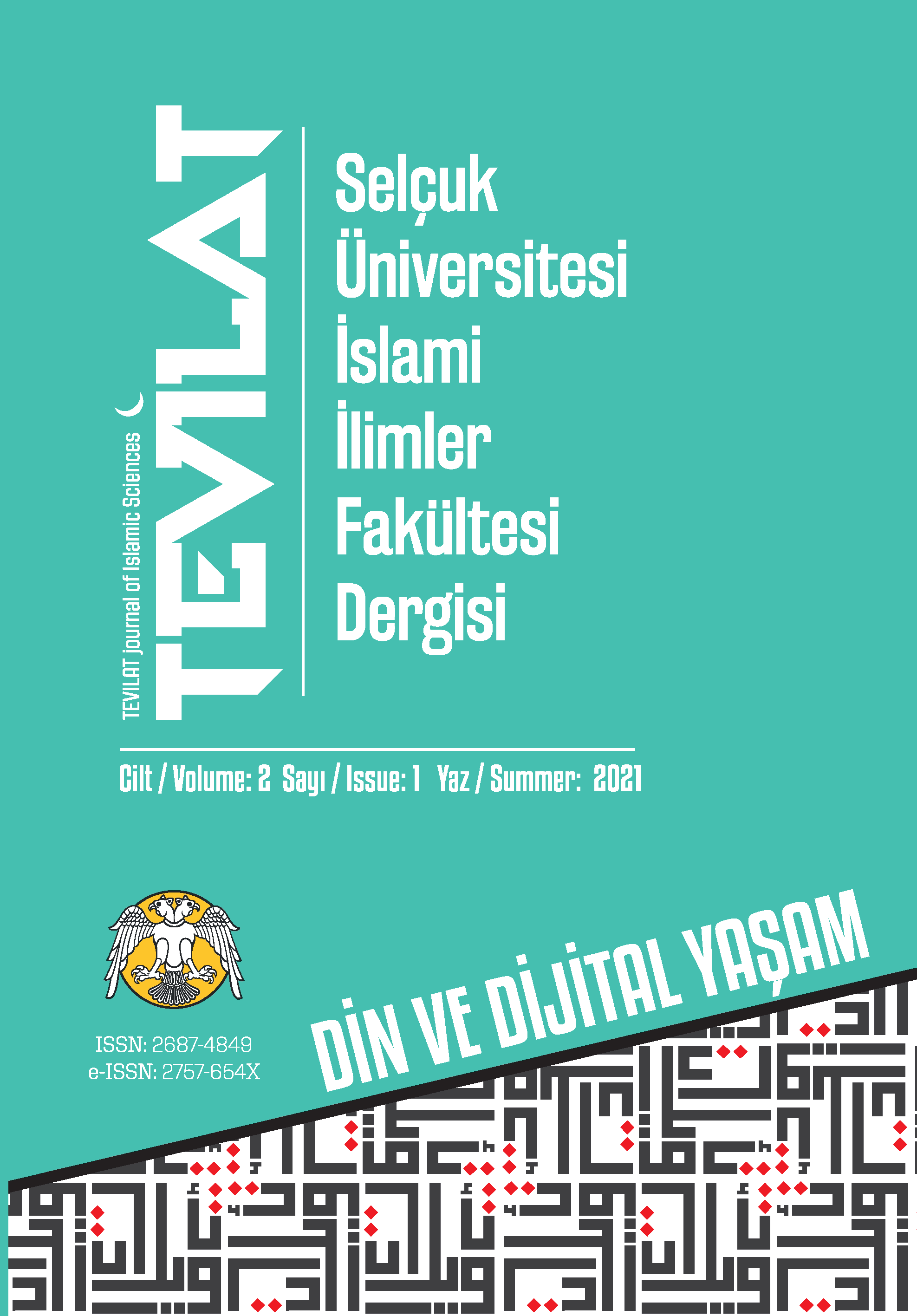Sünnet- Vahiy İlişkisi
Sünnet- vahiy ilişkisi kaynak, bağlayıcılık ve eşdeğer nazarında tartışılan konulardandır. Yaratan ile yaratılan arasındaki iletişimin şekli olan vahiy, peygamberler aracılılığı ile gerçekleşmektedir. Kur’ân’ın hücceti kabul edilmesine rağmen sünnetin dinin referansı olup olmadığı tartışılmaktadır. Hz. Muhammed (s.a.v) Kur’ân ayetlerini tebliğ, tefsir, tebyin, tatbik etmekle birlikte din alanında da bazı hüküm ve esaslar koymuş, icraatlarda bulunmuştur. Hz. Peygamber'in kararlarındaki yanılgısı vahyin "tashihiyle", isabetliliği de "teyit/takririyle" karşılanmıştır. Bu yaklaşım, “nübüvvet” ve “beşer” arasındaki dengeyi göstermektedir. Kur’an’da Hz. Peygamber’e hem kitap hem de hikmet verildiği bildirilmiştir. Hz. Peygamber ve sahabiler de ikisinin arasını ayırmamış birbirine muadil görmüşlerdir.
Mustafa Genç, Sünnet- Vahiy İlişkisi (İstanbul: Beka Yayıncılık, 2015), 512 sayfa, ISBN: 9786054041466
The Sunnah-revelation relationship is one of the issues discussed in terms of source, binding and equivalent. Revelation, which is the form of communication between the creator and the creature, takes place through prophets. Although the proof of the Qur'an is accepted, it is debated whether the sunnah is the reference of religion. While the Prophet Muhammad (pbuh) communicated, interpreted, and applied the verses of the Qur'an, he also put some rules and principles in the field of religion and performed actions. The Prophet's mistake in his decisions was met with the "correction" of the revelation, and the accuracy with the "confirmation". This approach shows the balance between “prophecy” and “human”. In the Qur'an, it is reported that the Prophet was given both the book and wisdom. The Prophet and the Companions did not distinguish between the two and saw them as equivalent to each other
Keywords:
Hadith, Revelation, Sunnah, Prophethood (Nubuwwah), Human,
- ISSN: 2757-654X
- Yayın Aralığı: Yılda 2 Sayı
- Başlangıç: 2020
Sayıdaki Diğer Makaleler
Vahyin ve Kutsal Kitapların Oluşumunda Dinî Tecrübenin Rolü
Mâtürîdî’de Vahyin, Bireyi ve Toplumu İnşası
Vahyin Perde Arkasından Gelişi Bağlamında “Câbir Hadisi”nin Tahlil ve Tenkîdi
Harun Reşit DEMİREL, Yusuf DUYĞU
Nasların Evrenselliği Işığında Tarihsellik Paradoksu ile Te'vil İmkânı
Nass-Olgu İlişkisi Bağlamında Nasr Hamid Ebu Zeyd'in (1943-2010) Vahiy Düşüncesi
Muhammed Mustafa Şelebî’nin Hikmetle Ta‘lîl Konusundaki Görüşlerinin Usûl Açısından Eleştirisi
